As interest in Lion’s Mane mushrooms grows, so does curiosity about their potential effects. Many people incorporate this unique mushroom into their routine for its culinary and nutritional value.
This article explores the existing research on Lion’s Mane mushrooms, including their key compounds and how they fit into a balanced diet. We also cover any noted considerations so you can make an informed decision about whether Lion’s Mane is right for you.
Key Takeaways:
- What’s in Lion's Mane mushrooms?
- What are Lion’s Mane mushrooms?
- Four health benefits of Lion’s Mane mushrooms
- Rare Side Effects of Lion’s Mane
- How to Consume Lion’s Mane for Health Benefits
- What to Look For When Buying Lion’s Mane
- Where to Find Lion’s Mane
- Consider Growing Your Own Lion’s Mane
What’s in Lion's Mane mushrooms?
Lion’s mane mushrooms contain a range of naturally occurring compounds that are being studied for their effects on various aspects of health. While research is ongoing, here are some areas of interest:
- Digestive health
- Heart health
- Immune function
- Antioxidants
What are Lion’s Mane mushrooms?
Lion’s Mane mushrooms are large, shaggy fungi that resemble a lion’s mane in shape and colour. They naturally grow in clusters on dying or rotting trees in woodland areas, though they can be difficult to spot as they brown with age.
These mushrooms have gained popularity in Western cuisine over the past few years, though they have been used for centuries in Asian countries such as China, Japan, India, and Korea for traditional cooking. Their mild flavour and tender texture make them a sought-after ingredient in fine dining and home cooking alike.
Lion’s Mane mushrooms contain a range of vitamins and minerals, including riboflavin (B2), niacin (B3), and potassium. They also contain natural compounds that are being studied for their effects on nerve function and general health.
You can buy them in lots of different forms, but fresh is always best. Even better, why not grow your own Lion’s Mane mushrooms at home? All you need is some Lion’s Mane mushroom grain spawn, substrate, and a simple supplement mix.
Four health benefits of Lion’s Mane mushrooms
Lion’s mane mushrooms have become a focus of scientific interest due to their unique natural compounds. Research continues to explore their potential effects on various aspects of health, including cognitive function and overall well-being.
Digestive health
As a natural source of fibre, Lion’s Mane can contribute to digestive health as part of a balanced diet. Dietary fibre plays a role in gut function by supporting regular digestion and maintaining a healthy gut microbiome.
Heart health
Lion’s mane mushrooms are naturally low in fat and contain potassium, a mineral that contributes to the maintenance of normal blood pressure. Including potassium-rich foods in a balanced diet can help support overall cardiovascular health.
Immune function
Some research has examined the role of beta-glucans found in Lion’s Mane. While studies continue, beta-glucans are known to contribute to normal energy metabolism, helping reduce tiredness and fatigue.
Antioxidants
Lion’s Mane contains naturally occurring antioxidants, which help protect cells from oxidative stress. Antioxidants play a role in neutralising free radicals, which are unstable molecules that can damage cells over time.
Grow your own Lion’s Mane mushrooms at home with our easy-to-use mushroom growing kits – shop now and get started!
Rare Side Effects of Lion’s Mane
Fresh Lion’s mane is largely tolerated across the world, with no negative side effects documented from recent animal studies.
Although there is little data published on the safety of this mushroom, it appears to be very safe to consume, especially fresh mushrooms that are organically grown at home.
Looking at supplements, powders and other processed forms; some people have noted the following complaints after digestion: abdominal discomfort, nausea, and in some cases skin rashes. Taken in large quantities it may also interact with blood-clotting medications (such as warfarin). Therefore, those taking other medications should consult their GP before prolonged use of lion’s mane supplements.
Unsurprisingly, people with mushroom allergies should avoid consuming them. In some cases, lion’s mane has been reported to aggravate symptoms of other allergies and asthma, although this is not scientifically proven.
Large-scale, clinical trials are needed to prove the healing benefits of this wild mushroom, checking if it’s safe for long-term use.
How to Consume Lion’s Mane for Health Benefits
How each individual consumes Lion’s mane is a personal preference and not all forms of the mushroom are readily available.
Powdered forms can be purchased to be made into tea or added to coffee, whilst fresh forms are often eaten raw or cooked as an ingredient in a gourmet meal.
Taking a lion’s mane supplement or powder may be more costly, especially if taken over a long period of time to sustain the health benefits. In these cases, it may be more beneficial to grow your own lion’s mane mushrooms to eat. This way, you’ll have a fresh supply to tuck into, without any nasty additives.
Like anything, fresh lion’s mane often tastes better and provides better nutrition than other processed forms. Many claim it has a seafood flavour, making it a sustainable, non-processed alternative option. When consumed raw this vibrant mushroom has a slightly bitter taste than when cooked, making it a great alternative vegan ingredient in many popular dishes such as curries and broths.
There isn’t a set dosage of lion’s mane that is recommended for everyone; therefore it’s always best to start with a small amount to see how your body reacts to the compounds in the mushroom. Alternatively, if you are consuming a supplement or powder, always follow the guidelines given.
What to Look For When Buying Lion’s Mane
When buying any form of lion’s mane, you’ll want to ensure you are getting a premium quality product, as cheap products may contain other ingredients. Make sure you follow this checklist before deciding on your next lion’s mane purchase.
- Check what is included in it – Always check the label or product description before buying any supplements or extracts so you know what it contains. There are many products on the market that contain both the fruit body and mycelium, which is what you want. Equally, there are some products only made from some parts of the mushroom, this applies to any liquid or dried forms. To get the full benefit of the bioactive substances you need a product with both the fruit and the body of the mushroom. If you’re buying extracts, check that these are pure and not altered with sweeteners or other bulking agents. Fresh mushrooms that are grown at home naturally contain both of these substances and are arguably the purest and healthiest form for consumption.
- Identify the sourcing – normally mushrooms are grown in the wild or cultivated, however as mushroom popularity grows, so do growers who use unhealthy farming methods. If your product has been grown in an environment with pesticides and heavy metals, it will absorb these and pass these on to you when consumed. That’s why it’s crucial to check your supplier is organic so you can easily identify where the mushrooms in your product are sourced. If you’re planning on growing your own mushrooms, check your supply sourcing too. You’ll want a sustainably sourced, organic product to give you the best chance of cultivating your own. Our mushroom spawn is high quality and suitable for hobbyists and keen growers alike.
- Consider the effects of processing – lion’s mane used in powders or supplements must be dehydrated and milled before being used to create the final product. This industrial process can affect the quality of the end product. Always check if your product has come from a verified provider that adheres to industry standards.
- Product evaluation – Has the product been tested and certified as safe to consume? Check for organic certification or referencing as Non-GMO. These will give you more confidence that your product has endured regulatory testing before it’s been put on the market. If you’re unsure – don’t buy!
Lion’s mane is also still being heavily researched, therefore be wary of any organisation that is claiming profound health benefits. Research is promising but it is yet to be conclusive. Like with any medicinal product, there are always some concerns about potential drug reactions with over-the-counter medications and prescription drugs. However, on its own, this mushroom is generally safe to consume.
Where to Find Lion’s Mane
In recent years there’s been a boom in medical mushroom popularity and they are now widely available to buy. Lion’s mane can be found (in some) supermarkets, health food stores, and online. You can find it to purchase in all forms including blends of powders, capsules, teas and extracts.
If you are out in UK woodlands, you are unlikely to find any lion’s mane as it’s extremely rare. Even if you do, it’s protected under Schedule 8 of the Wildlife and Countryside Act 1981, making it highly illegal to tamper with. If you believe to come across any in the wild, you should leave it alone.
If you are really keen to try fresh lion’s mane, then you should find a specialist farmer or try your hand at growing your own at home.
Consider Growing Your Own Lion’s Mane
We may be biased, but there are plenty of reasons why you should grow your own Lion’s mane at home.
It’s generally an easy mushroom easy to cultivate, but the mycelium can take a while to develop than other mushrooms, so it’s best to take your time and be patient.
For inexperienced hobbyists, during the growing process, it can also be difficult to determine whether the mushroom is fully colonised and ready to produce fruit, but this comes with practice. Don’t let this put you off – when harvested, this mushroom is a culinary delight.
Lion’s mane can be grown both indoors and out, all year round. You won’t need soil as this type of mushroom can grow on a log or in a bag. Growing your lion’s mane on a log can take up to two years, so it’s much easier to grow them in a bag if you don’t want to wait that long.
There are many ways to grow organic lion’s mane, depending on preference – but you will need the correct supplies, equipment and a suitable environment. If you choose to grow your mushrooms in a bag (the easiest choice) then you’ll also need to consider the supplies you’ll need in order to grow them.
Once you have settled on your environment you will need to prepare your substrate, we recommend using Master’s Mix to do this. It’s a nutrient-rich, wood mix which creates the perfect bed of proteins for the lion’s mane fungi to thrive.
The rest of the growing process then entails:
- Sterilising your substrate mix
- Inoculating your substrate mix (with mushroom grain spawn mix)
- Incubating your mushrooms
- Monitoring the environment until fully colonised
With the right practice and direction, you could find that growing your own lion’s mane is a healthier and more cost-effective way to consume the product compared to expensive processed supplements found online.
Like with all fresh produce, growing your own supply of organic lion’s mane will give you the best possible chance to experience the health benefits outlined above. When it comes to the dried vs fresh argument – in our eyes, it’s a no-brainer!
Curious about growing your own mushrooms at home? We’ve got you covered. Our mushroom growing kits make it super easy, whether you’re after tasty oyster mushrooms, flavourful shiitakes, or the impressive lion’s mane. Each kit is beginner-friendly, with everything you need to get started. Ready to give it a go? Explore our full range and bring fresh, homegrown mushrooms right to your kitchen.

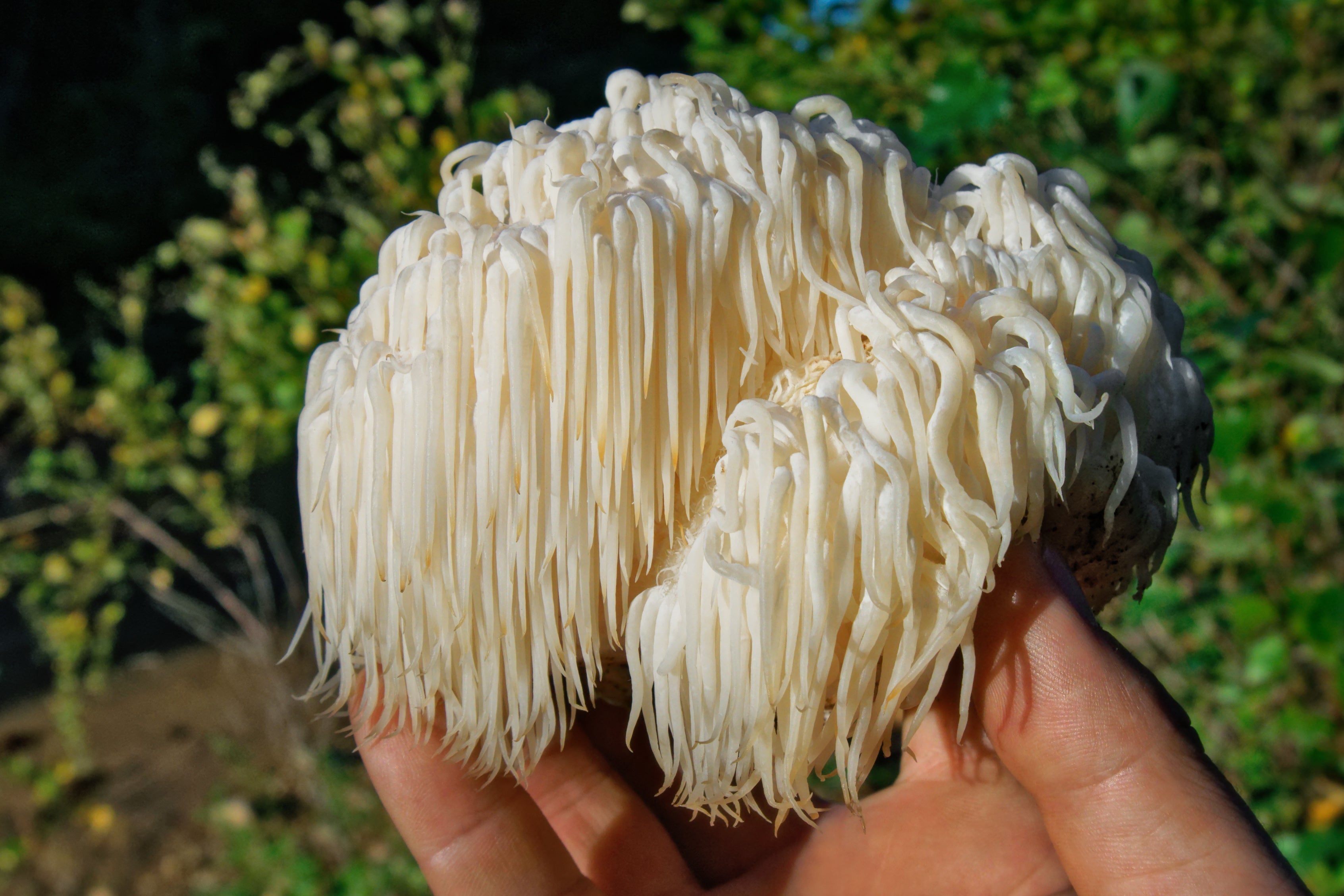
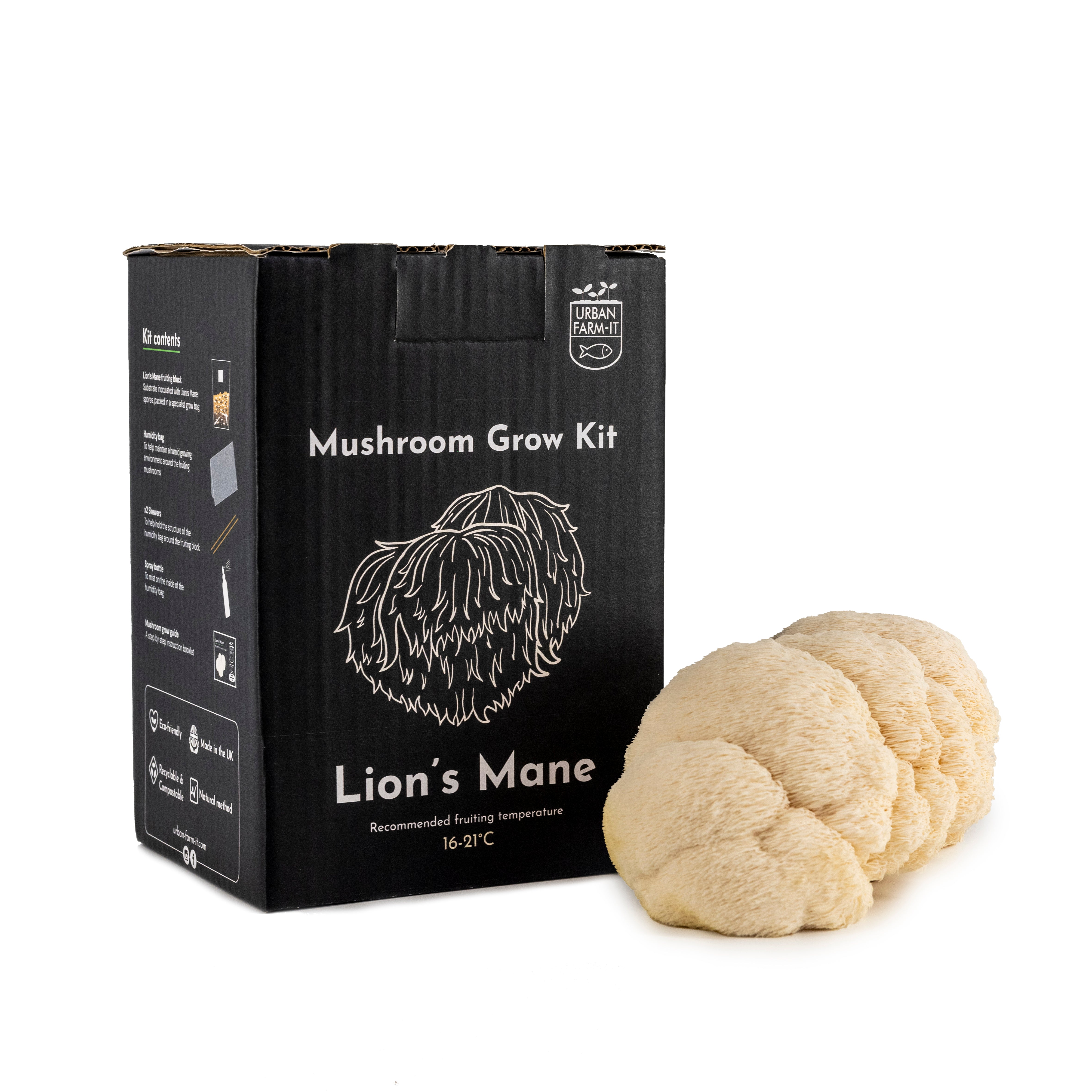


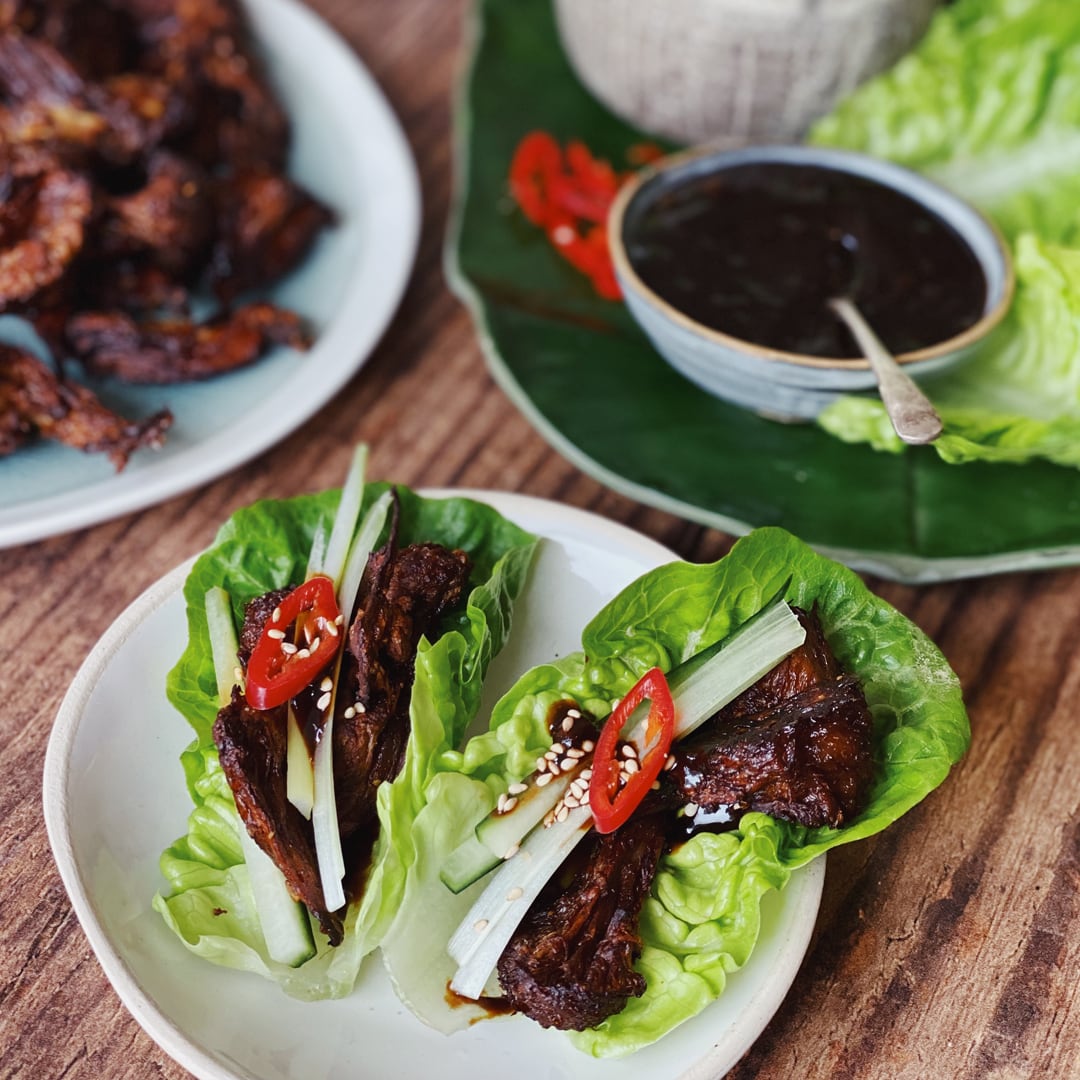
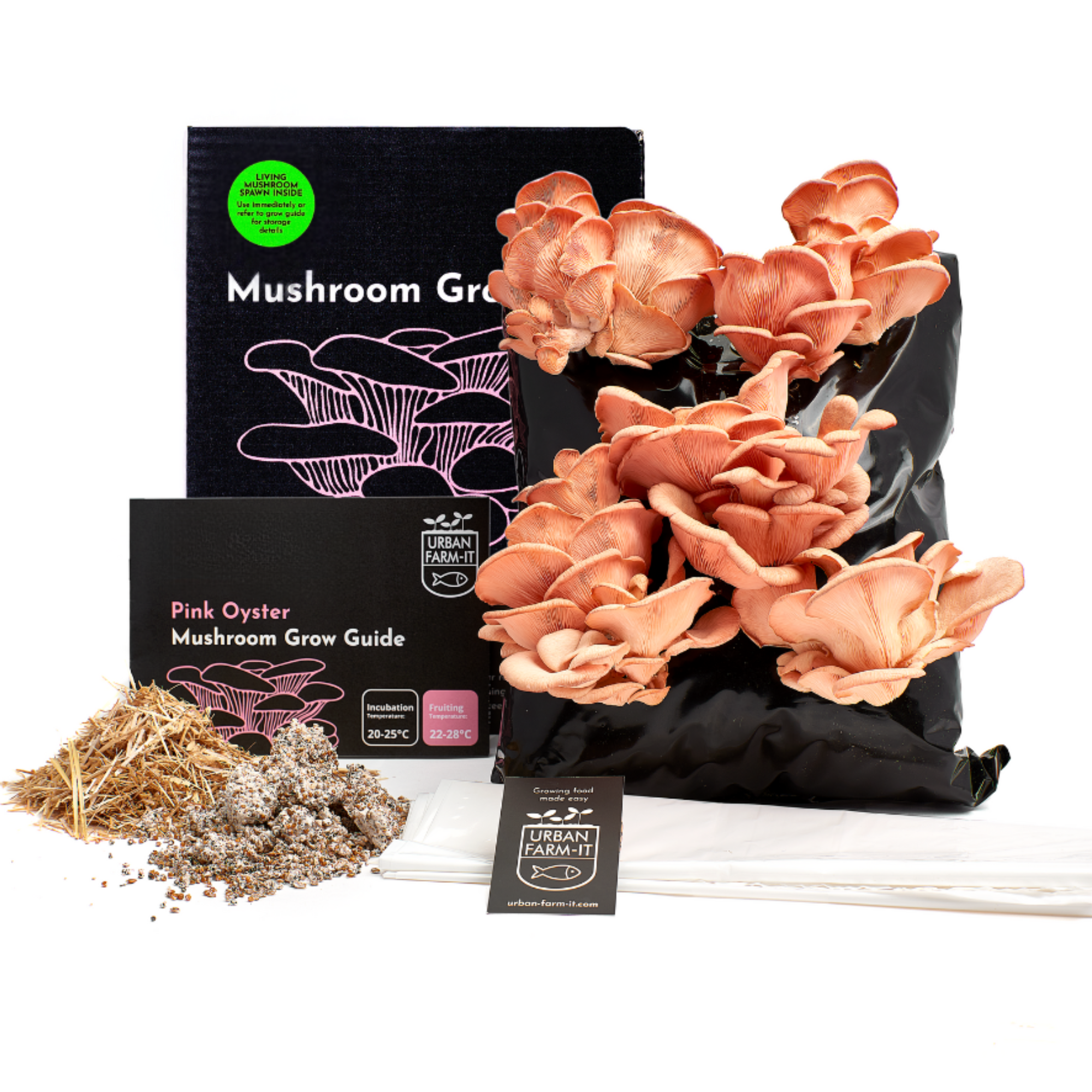
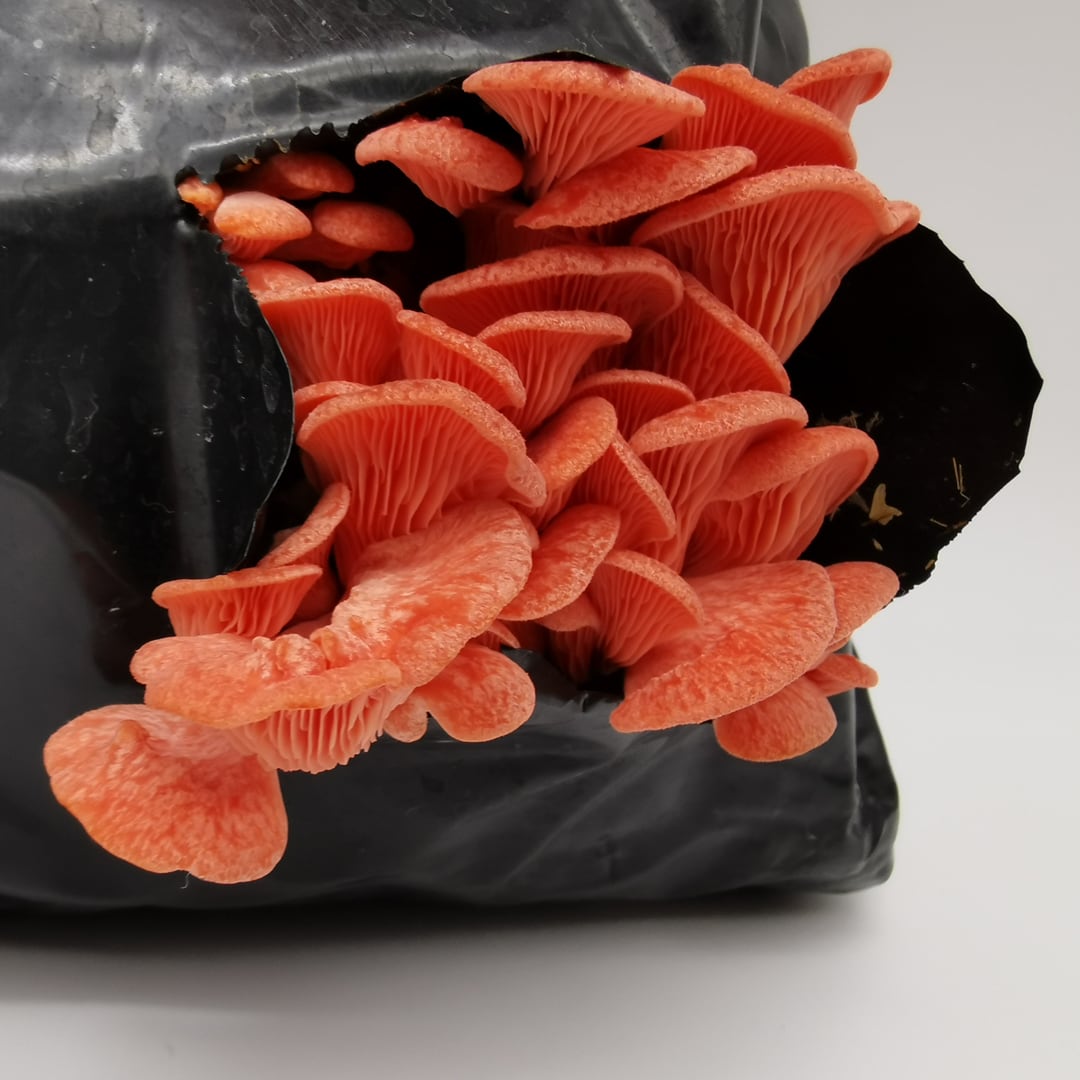
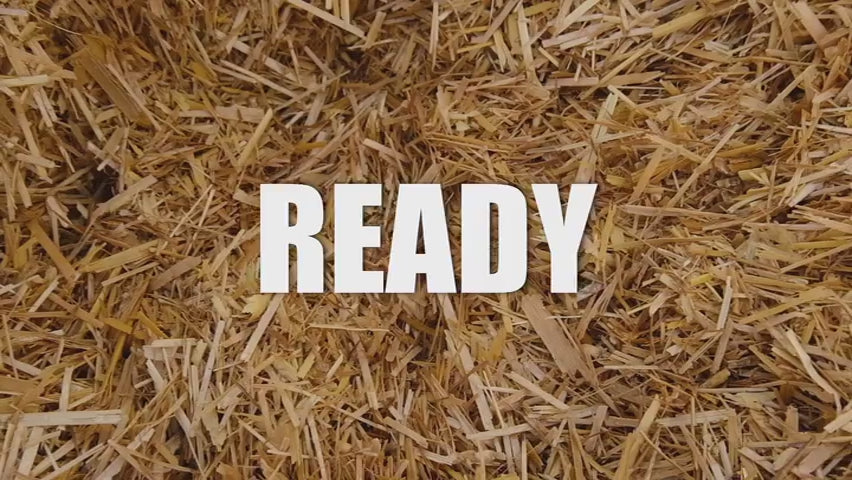
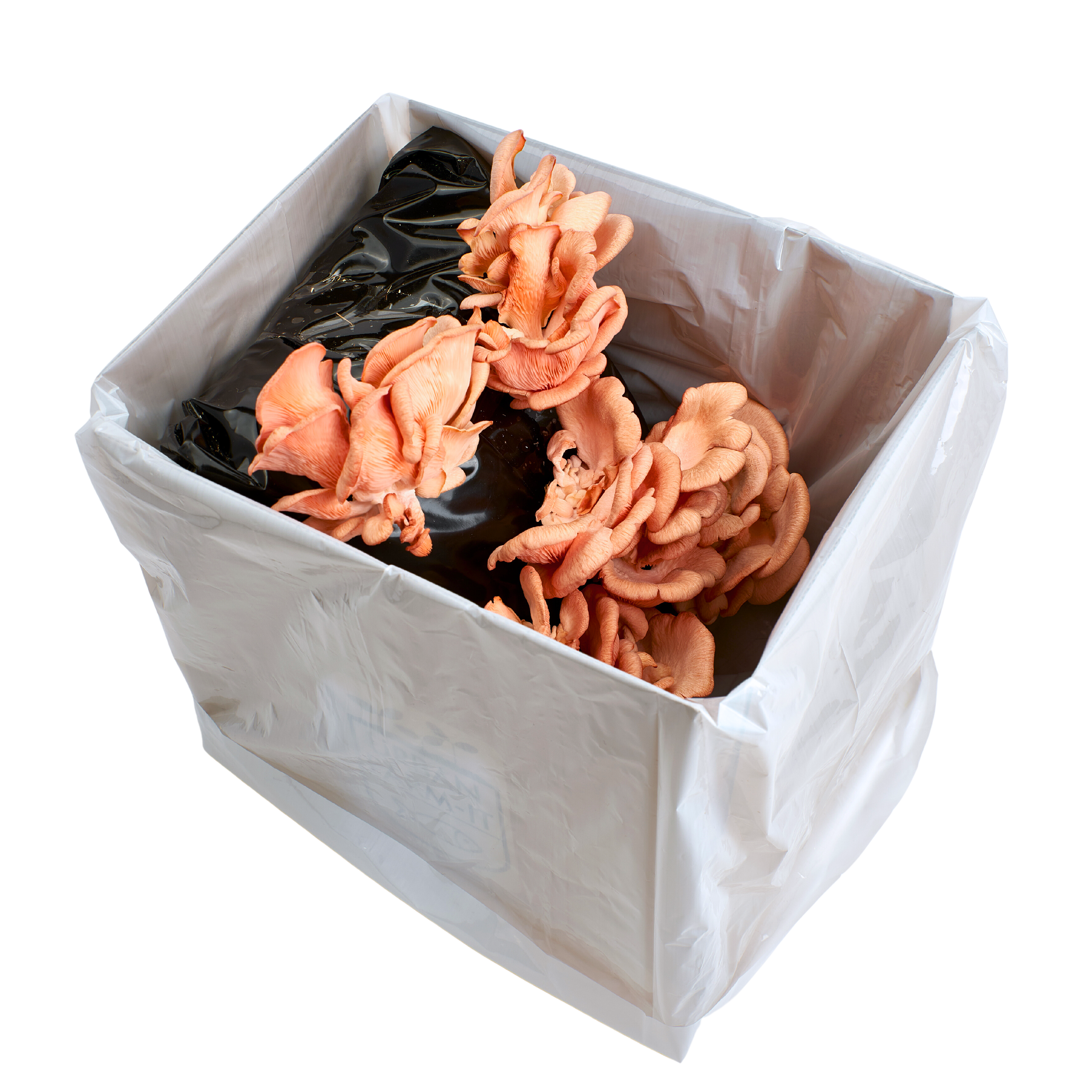
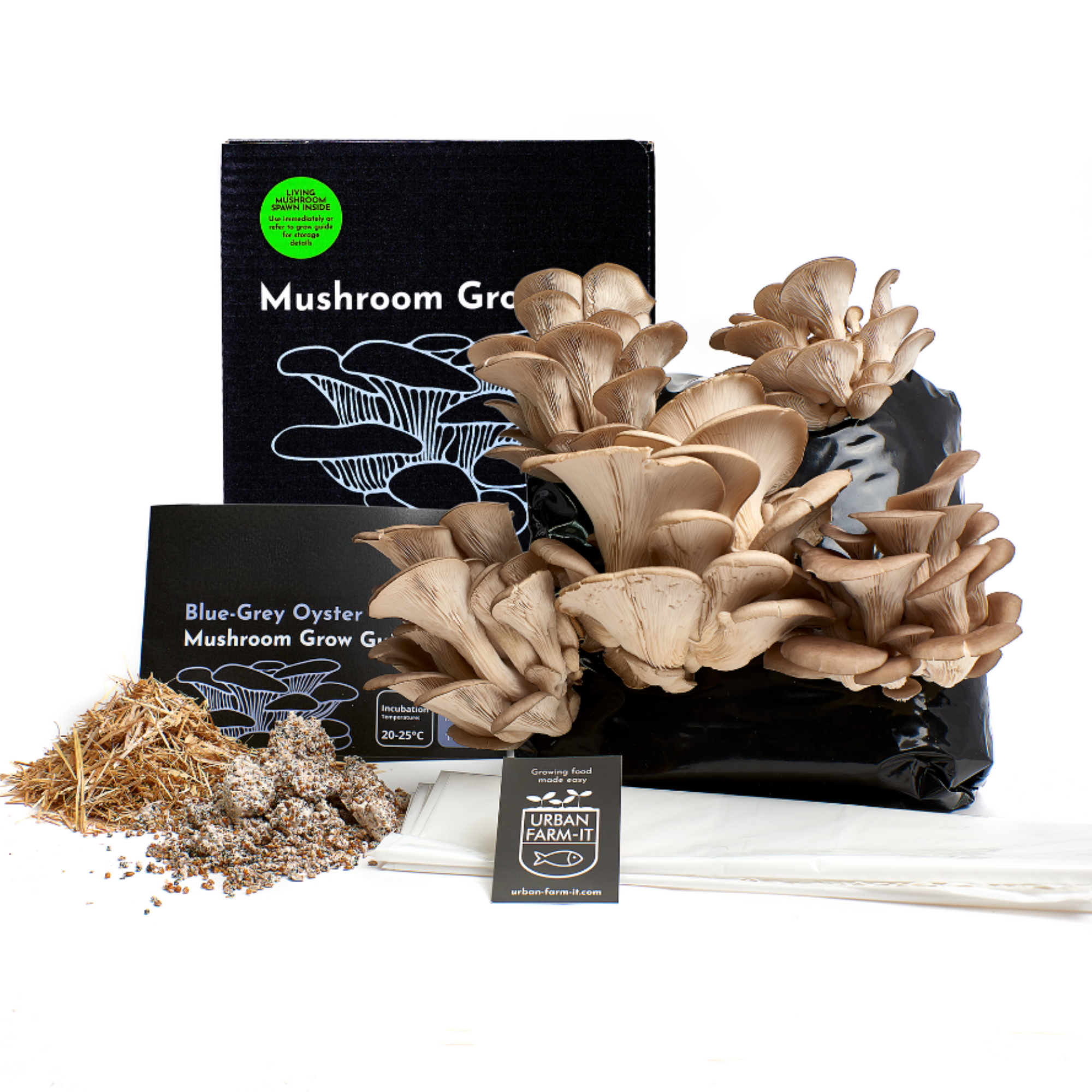
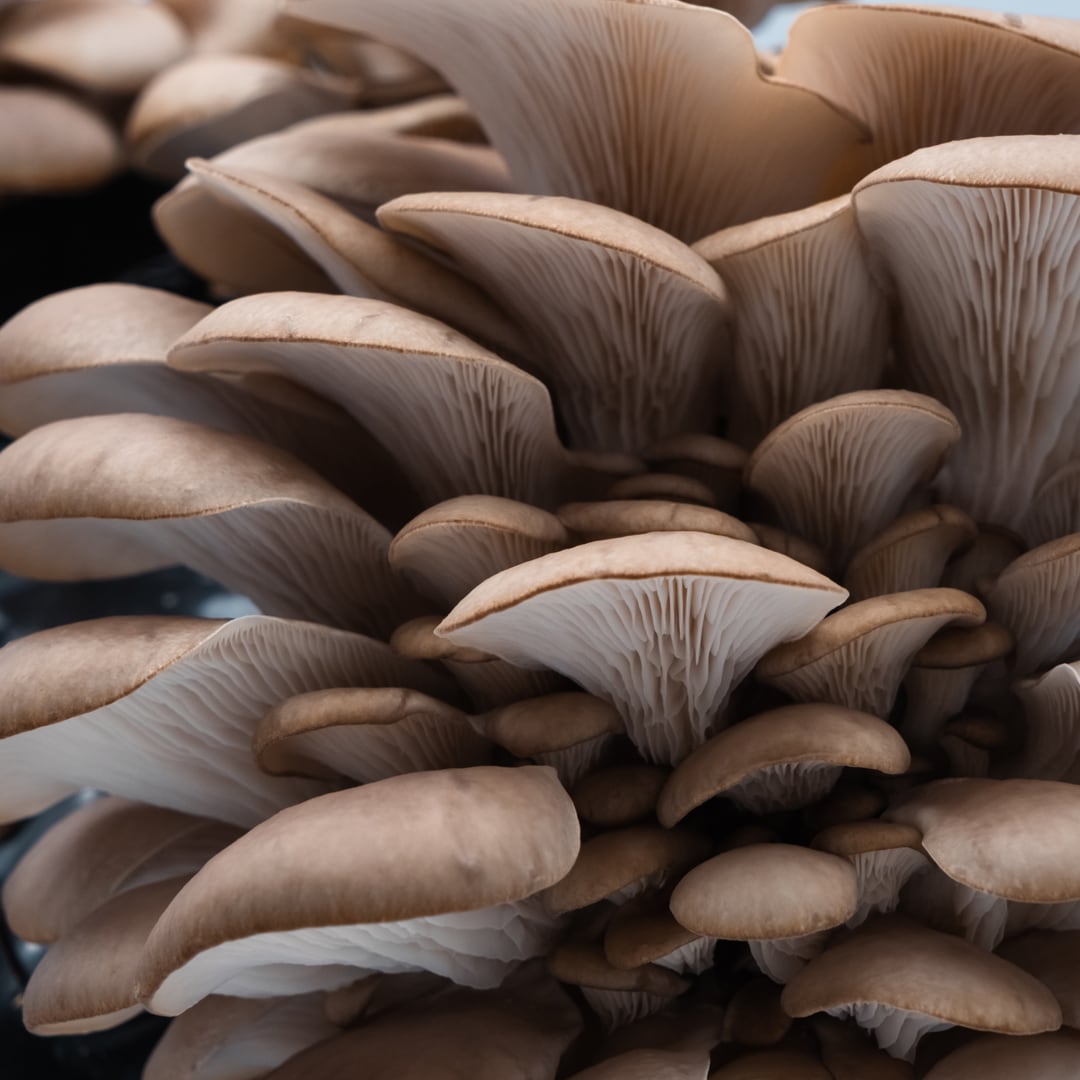
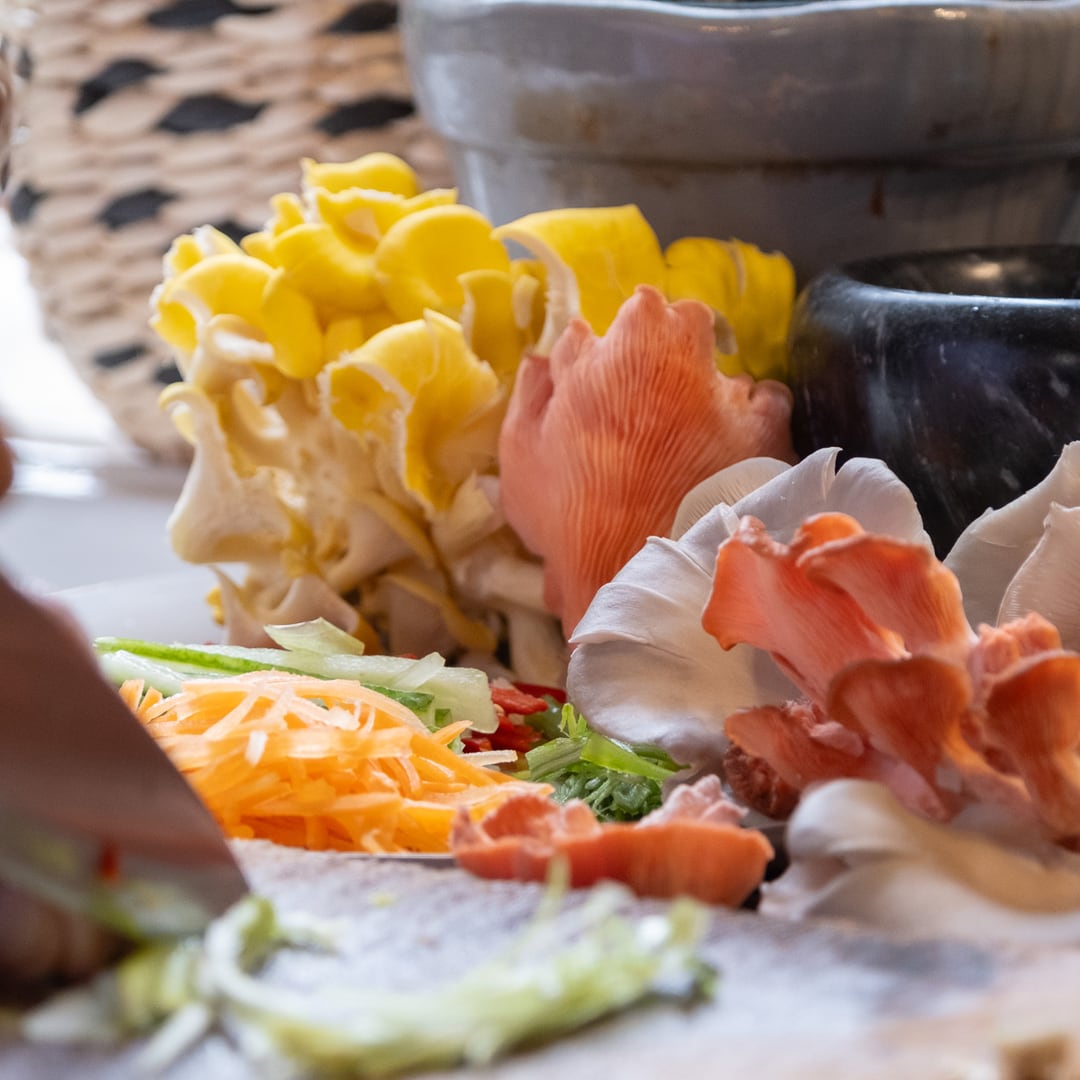
Share:
5 reasons you should take lion’s mane mushrooms
Can You Eat Mushrooms on a Keto Diet?